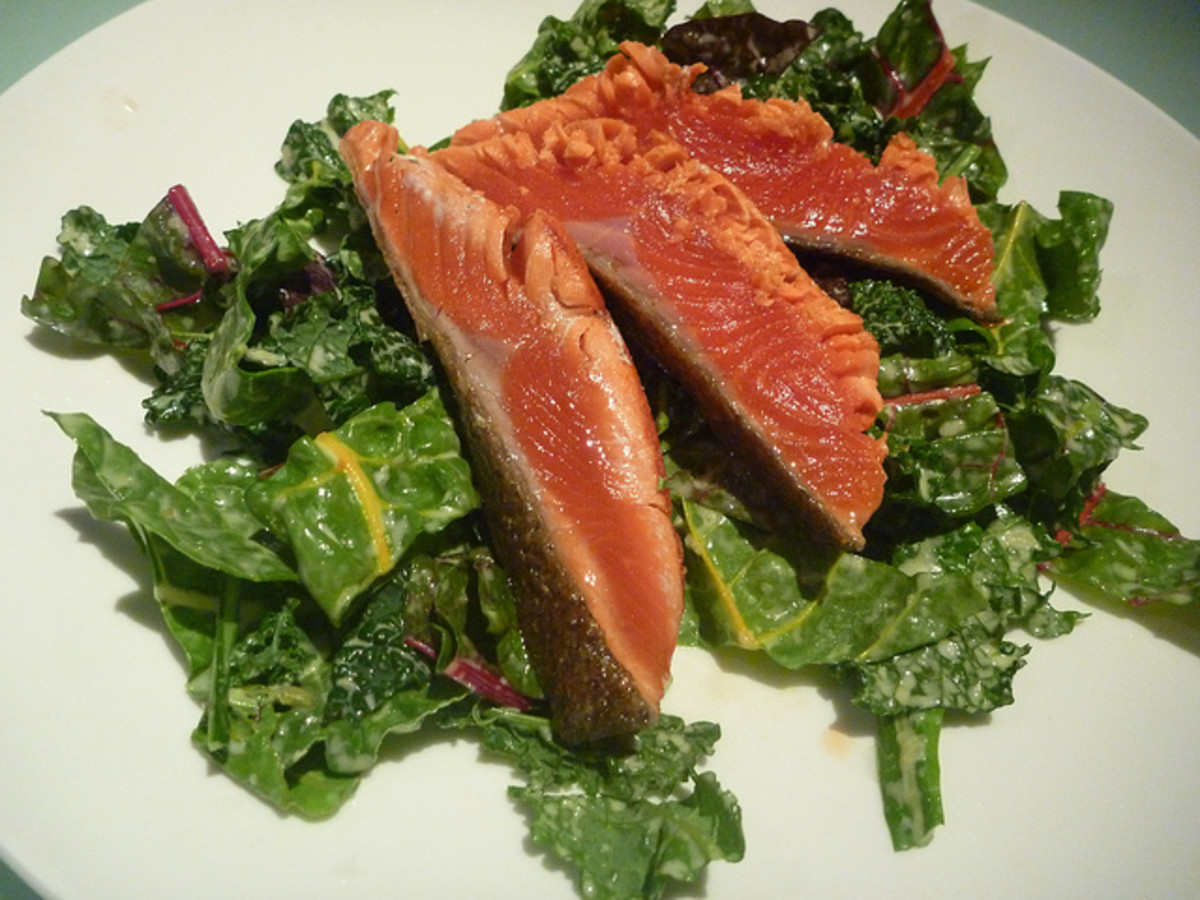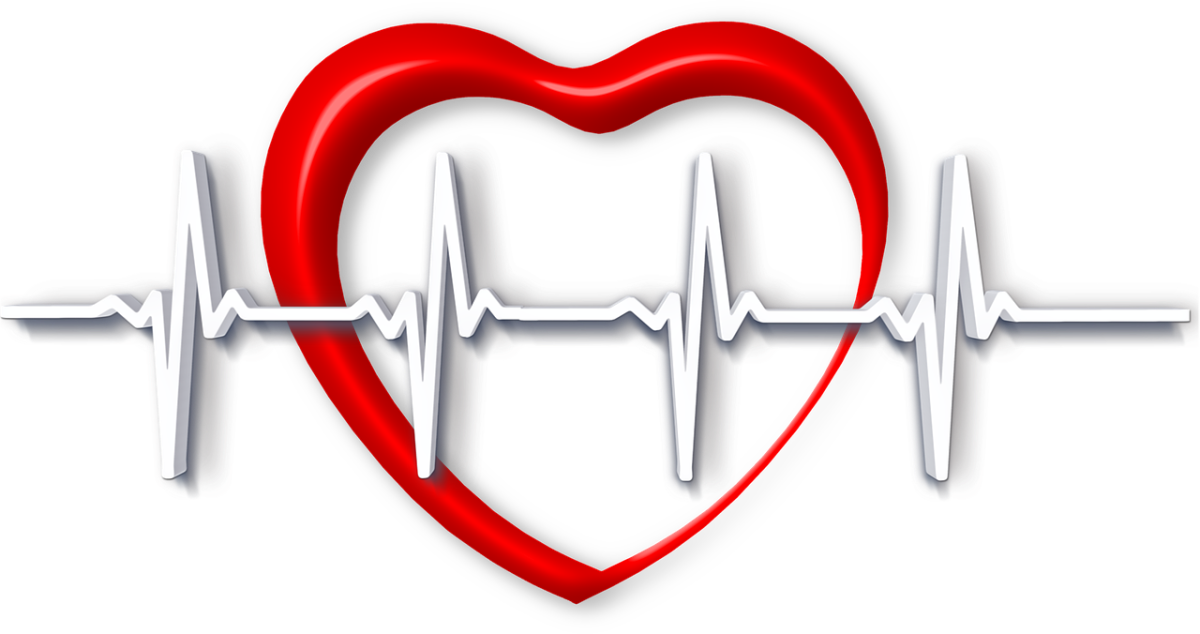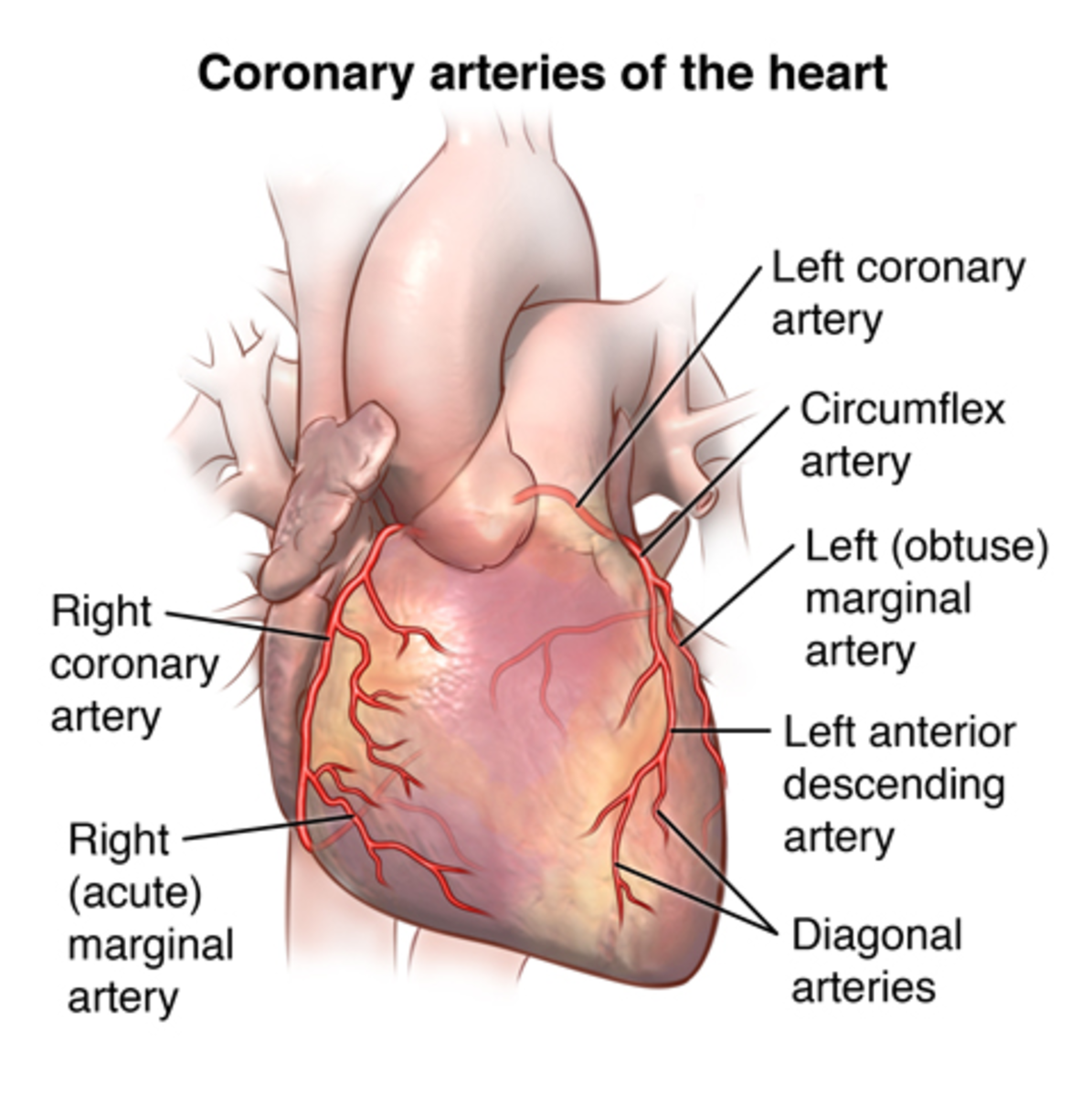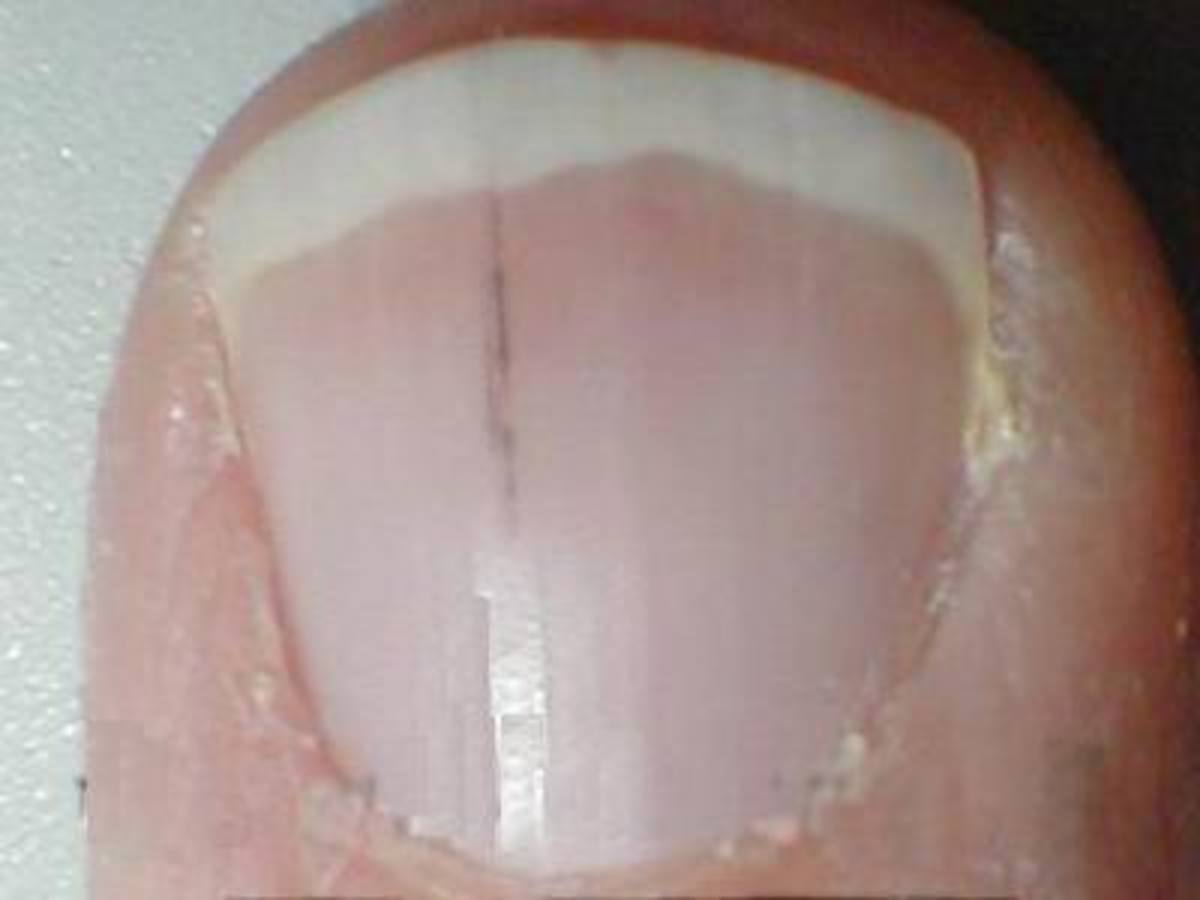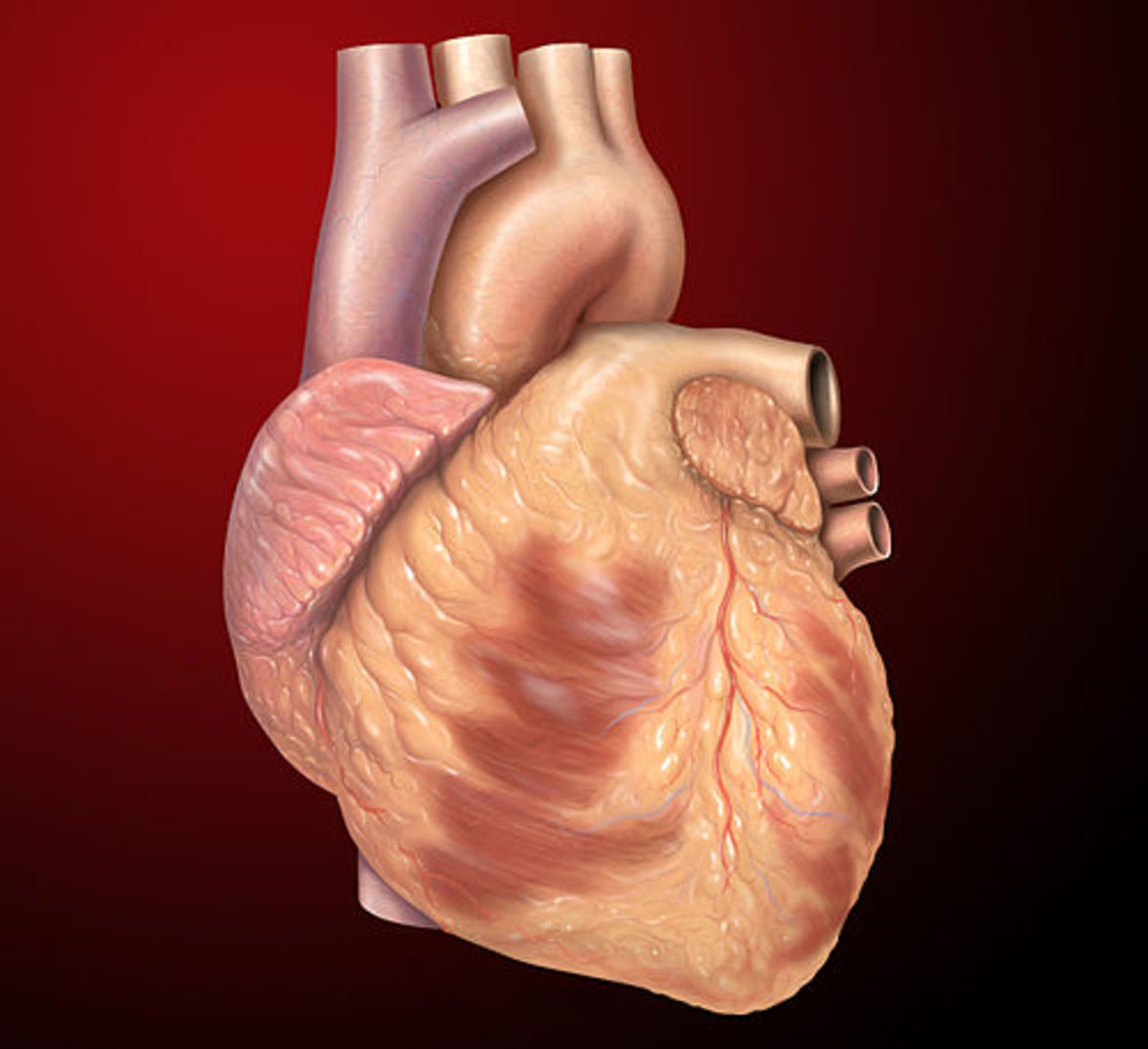Are You One Heart Attack Away From Losing It All? How to Prevent Heart Disease By Living a Healthy Lifestyle
If you are not living a healthy lifestyle, you may be at risk for having heart disease and a heart attack.
Millions of Americans are not living a healthy lifestyle. They're stressed out, overweight or even obese. Some are also smoking. Their unhealthy habits affect not only how well they live, but also how long they live.
Chronic stress has powerful effects on the body's production and storage of fat. High levels of cortisol induced by stress can lead to increase in body fat and obesity. In turn, obesity as well as smoking are risk factors for heart disease and other diseases that are the leading causes of death in the United States.
If you are not living a healthy lifestyle, you may be at risk for having heart disease and a heart attack. The problem is that if you're like most people, you probably don't know the early warning signs of a heart attack. So, you're not likely to make any changes in your lifestyle until it's too late.
Every minute, one American will die from a heart attack in 2009.
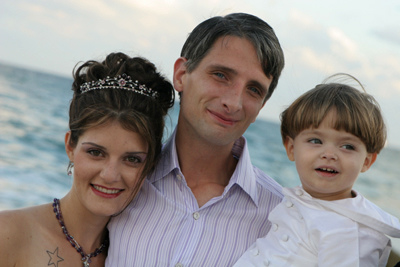
Photo credit: StarMama
How can this happen? And more importantly, how do you keep this from happening to you?
Millions
of people work so hard to have a better life and a better future for
themselves and their loved ones. They want to be able to afford a fancy
car and a nice house in a good neighborhood. They want their children
to go to college, get a good education and have a good career. They
want to be able to afford what they need for day-to-day living and also
set aside enough money for their retirement.
Many people work long hours at work. Some even have a second job or a business in order to get everything they want in life.
The price of trying to have it all can be too high!
Many
people end up neglecting their own needs while
climbing the corporate ladder or trying to achieve entrepreneurial
success. They neglect their health while they're trying to succeed --
they may even neglect their relationships with their loved ones!
The consequence of working too much and failing to find a healthy work-life balance can be a lot of stress. Coupled
with work-related stress, this can lead to burnout as well as other stress-related illnesses.
Job stress-related expenses cost American businesses over $200 billions a year. But, the cost to families are even greater: increased divorce rate, increased family conflicts, increased problems with children, increased substance and alcohol abuse as well as serious illnesses.
Even if you achieve everything you're trying to achieve, if you don't have your health -- you really don't have anything.
Warning Signs of a Heart Attack and How You Can Save Your Life
If you've been working too hard and you haven't been living a healthy lifestyle in the process, have you thought about this...
Are you
one heart attack away from losing it all?
What would happen
to your fancy car and fabulous house as well as everything else you've
been able to buy? They would probably be gone... poof! You've worked
so hard and sacrificed so much, but in the blink of an eye -- you could
lose everything.
What about your loved ones, what would happen
to them? After all, you've been working so hard and sacrificing so much
in order for them to have a better life and a better future. If you end
up having a heart attack -- even if you survive -- they could lose
everything you've worked so hard to provide for them.
It's shocking, but one serious illness has led to financial collapse for many people.
A surprising result of a study published in The American Journal of Medicine showed that 62.1% of personal bankruptcies filed in 2007 -- before the economic downturn -- were due to medical debt associated with health care costs.
Every year, millions of people are needlessly suffering and dying. Billions of dollars are spent by the United States providing health care for people with largely preventable heart disease and other chronic diseases.
What Is a Heart Attack: What Are the Symptoms
Heart Disease is the Leading Cause of Death in the United States
According to the Centers for Disease Control and Prevention (CDC), heart disease is the leading cause of death in the U.S.
It is a major cause of disability for Americans. The most common heart
disease is coronary heart disease; this often appears as a heart attack.
In 2009, an estimated 785,000 Americans will have a new heart attack and about 470,000 will have a recurrent attack. About every minute, one American will die from a heart attack.
With many Americans not living a healthy lifestyle, the staggering health care costs from the resulting chronic illnesses can lead to financial disaster for millions of families. In turn, this can lead to billions of dollars in health care costs for the United States -- and poses a major threat to the long-term economic health of this country.
How a Heart Attack Occurs: How Does Atherosclerosis Develop in the Heart and Lead to Heart Disease and a Heart Attack
What can you do to avoid having a heart attack and possibly losing everything you've worked so hard to achieve?
Instead of working too hard and neglecting your health, you can make smarter lifestyle choices.
By making better choices and developing healthier habits, you can
avoid largely preventable chronic diseases, such as, heart
disease and diabetes. You can avoid smoking and obesity which are risk factors for
cardiovascular disease, cancer and other leading causes
of death in the U.S.
By living a healthy lifestyle, you can avoid having a heart attack and premature death. By living a healthy lifestyle, you can avoid financial disaster for your loved ones -- and losing everything you've worked so hard to achieve.
Individuals making healthy lifestyle changes can soften the blow of high health care costs in the U.S. This can save millions of lives. This can save billions of dollars in health care costs. This can have a dramatic impact on U.S. global economic competitiveness.
How a Fatal Heart Attack Happens
If You Are Having a Heart Attack, How Do You Save Your Own Life? Tips Most People Do Not Know About -- But Should
Even if you're not sure you're having a heart attack, call 911 or the emergency number for your country.
Many people don't call because they don't want to be embarrassed, if they're wrong -- and they end up dying. If you're wrong -- and you're actually alright -- the paramedics will give you the option of not going to the hospital. They'll check you first to make sure you're not having a heart attack or any other problem that requires immediate medical attention. If they're convinced that you are clinically stable, you will be asked to sign a release of liability.
If you're having a heart attack, NEVER drive yourself to the hospital emergency room. You might lose consciousness or die on your way to the hospital, if no one is around to help you. Worse, you might crash your car and die -- even if you could have survived your heart attack.
Useful Links and Health Resources:
- Signs of Cardiac Arrest
Cardiac arrest strikes immediately and without warning. Learn the signs that your heart has stopped beating. You can still be resuscitated and recover if you get help immediately. - Warning Signs of a Heart Attack
Some heart attacks are sudden and intense; so, there's no doubt what's happening. But most heart attacks start slowly, with mild pain or discomfort. Learn the warning signs; so, you don't wait too long before getting life-saving help. - Are You at Risk For a Heart Attack? Find Out
Offers a tool that can help you assess your risk of having a heart attack or dying from coronary heart disease in the next 10 years. You can also check to see if you have risk factors that greatly increase your chances of developing heart disease



